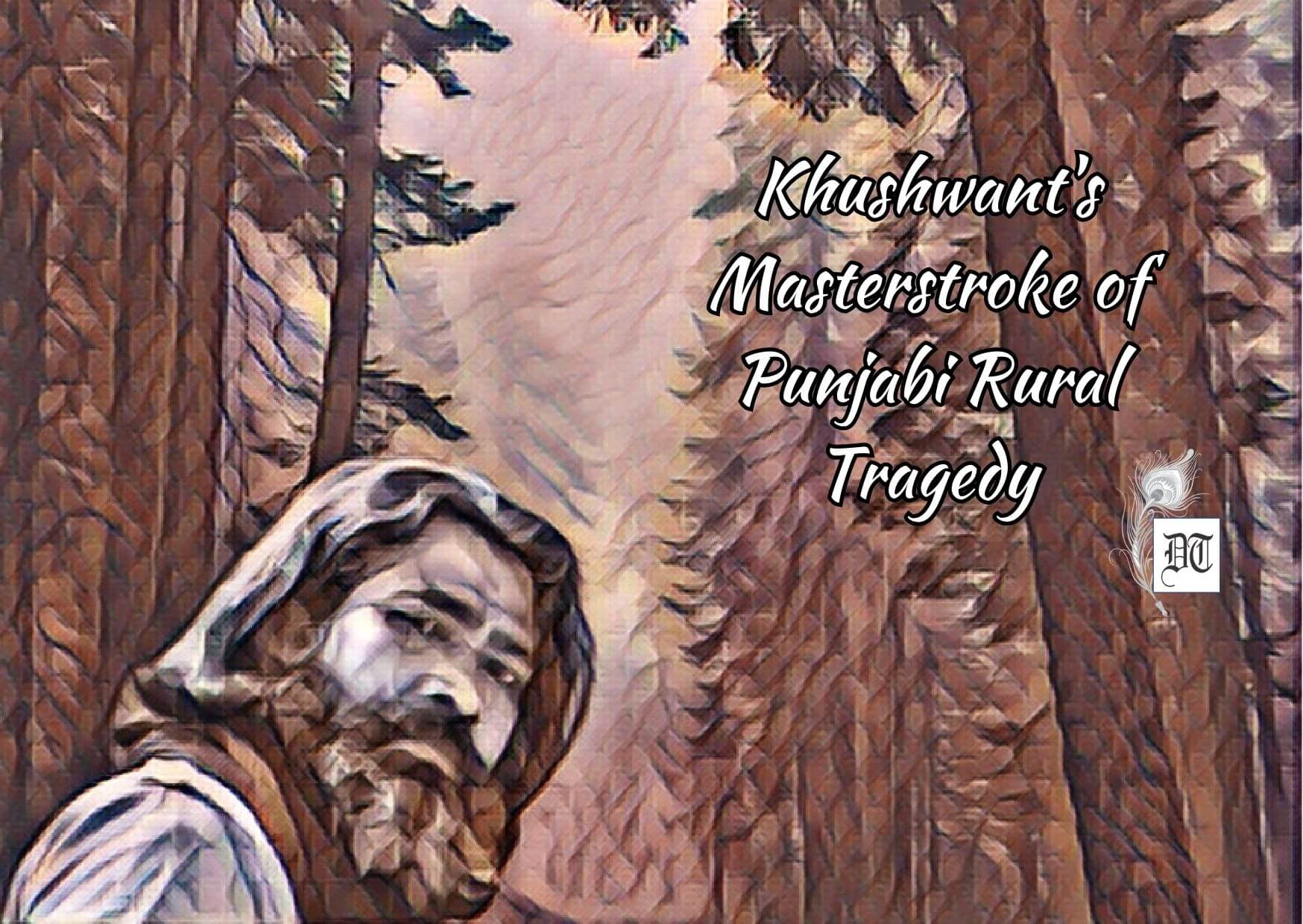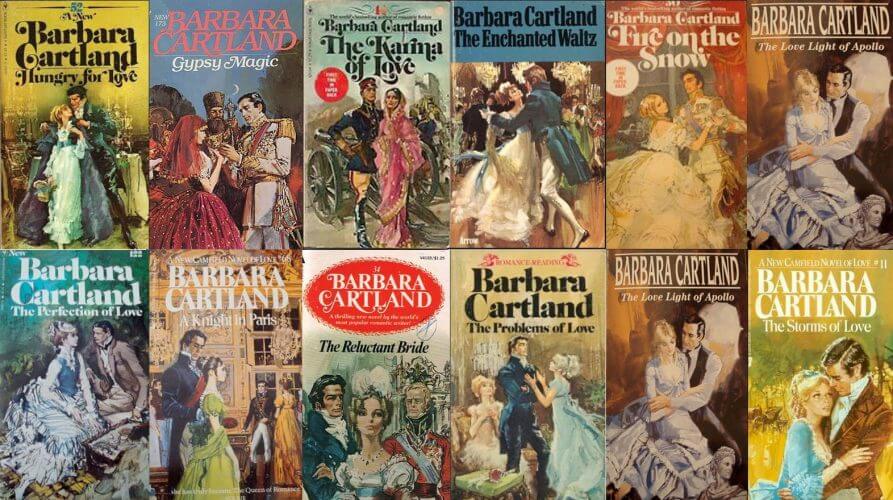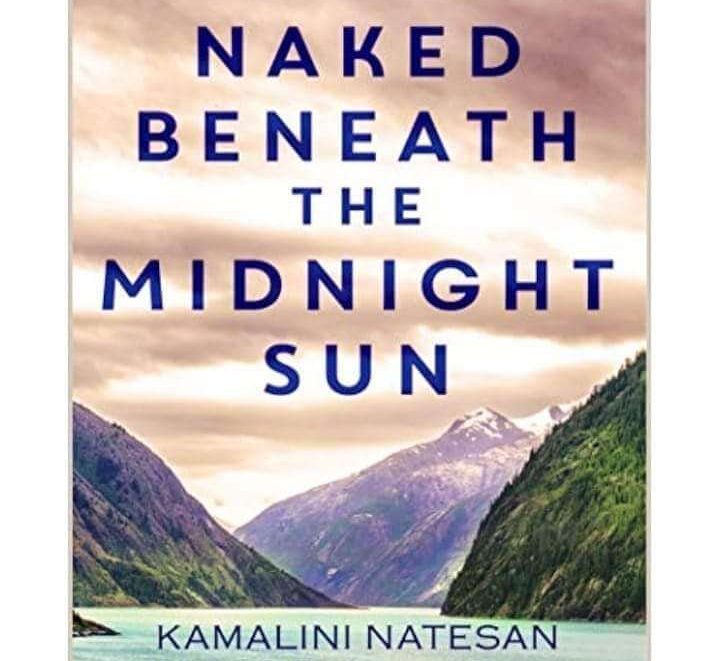An eminent poet, Ampat Koshy reviews Rochelle Potkar’s collection of poems, Four Degrees of Separation, for Different Truths. Rochelle needs to be read for her images, her vocabulary, her language, her depths and her thoughts.
Author: Rochelle Potkar
Title: Four Degrees of Separation
Genre: Poetry
Publisher: Paperwall
ISBN No.: 978-93-82749-36-3
Price: Rs. 300/-
A word about the author: Rochelle Potkar is a fiction writer and poet. Her work has appeared in several Indian and international publications. A few have won awards. Her book, The Arithmetic of Breasts and Other Stories was shortlisted for The Digital Book of the Year Award 2014, by Publishing Next. She is working on a novel and two collections of short stories. She was a writer-in-residence at The University of Iowa’s International Writing Program, Fall Residency 2015. She lives in the spicy, noisy, tropical city of Mumbai, India.
Let me say few words about the publisher. Paperwall has recently brought out Ravi Shankar with his Architecture of Flesh and Rochelle with this collection of poems. This is welcome as it shows they care for quality. The title reminds us of the famous six degrees of separation meme that was in vogue some time back. Six degrees of Separation is the theory that everyone and everything is six or fewer steps away, by way of introduction, from any other person in the world, so that a chain of “a friend of a friend” statements can be made to connect any two people in a maximum of six steps. It was originally set out by Frigyes Karinthy, in 1929, and popularised by a 1990 play written by John Guare1.” Was Rochelle suggesting that there are only four steps to take to connect us to a person in a positive way?
I decided to read her book to find out.
The collection has seven sections and sixty poems. The sections are subtitled i, he, them, they, her, there, those. The subtitles in italics and small letters were a good clue for me as to what the poems were about, though the most intriguing one was, I wanted to find out, what the difference between them and they was in this string of pronouns. The first thing that caught my attention here and in the first title timely was the use of small letters, whereas in the others titles except in the title poem Rochelle uses normal punctuation. The small letters reminded me of e.e. cummings.
Right from the word go, I liked Rochelle’s poems as one can see that she takes a lot of care to craft them. They are polished, seasoned, as befits an Iowa writer in residence, with their images, her figures of speech, her use of stanzas, with her reaching out to her own style in her use of hyphens, reminiscent to me of Dickinson, but more orderly. What really caught me of course was the tone, the moods and the revealing of the self to the other right from the first poem. A woman, she tells us, does not like to be kept waiting in “timely.” We go through her Stray Epiphanies where we find scattered gems, We meet a rebel child in Doggerel, we come to these startling lines: “even a butterfly/ is a bi-polar discharge of wings” in another poem. We begin to settle back, as readers, as we see it is going to take us time to read this collection and enjoy it, knowing that we will have to go back to it, to get it fully, and this knowledge makes us happy as readers. But, it is in Pivot that her song begins, so to speak, to sing.
The structure is interesting being circular and the beginning genuinely poetic:
Pivot
Only if you had enough solitude would you know 
that the silver lining of it is loneliness.
I’m trying to find balance
as the end of days percolate
into large empty boxes of weekends that need filling.
This poem rightly sums up the first section well; it being the best one.
The section he deals with love poems and erotica in a quietly competent manner. Summer Radial is a good example. It also includes some collaboration chat poems that the author says is influenced by tapestry poems. Some sections stand out. One is about a first love:
Biscooti love
Memory is…
images of a prepubescent boy cycling home,
Parag milk packets in one of his arms,
feeding biscuits to a stray gaggle of brown dogs,
wagging their shins.
Large half-moon eyes, kind salivating tongue,
his smile showed no cookie-crescent as he fed them all;
he was my first love.
More than the girls, the calves and canines knew his way home,
this small-towner of a bygone Bhaarat who found humans in animals,
he grew hunger in me.
There are many good poems in this section, in which the poets wrestles with the many facets of love and longing, in all its aspects. Marital Triptych deals with a marriage that falls apart.
But the poem, “What grandmother says on after-love,” really stands out. The section ends on a note of hope that it is possible to find a love with him that will form a perfect substance that will endure forever.
In the section ‘they’, Rochelle starts to question her roots, her family playing a role in the poems in all its extended Indian family way. In ‘they’ she takes on the world. The effort put into her poems, especially in one like Balcony Seat pays off. A point I would like to make about her poems is that they show her reactions to moving from a small town to a city then to other countries, especially the USA, through Airport Diaries, and the gradual growth and expansion of herself, as a woman, and a poet thereby, suffering dislocation, being briefly or experiencing being part of the diaspora, while also settling to some extent on Mumbai, as some sort of point of reference to call it a kind of home.
But the collection matters, because it keeps surprising us, as it goes on to talk not only of marriage and birth but of bringing up children and in a very fine poem Rejoinder about a mother and a child we come to hear a new voice, simpler and more accessible. Baby and Skirt are two other fine poems, the later dealing with femininity and sexuality through comparing the east and the west. Malabar House talks of rural India, today, and a poem where Draupadi speaks of Karna, the usual Indian poet’s anxiety of to use myth is handled sensitively. Queen of Dark is another good poem. The section ‘there’ is about places and ‘those’ about things, in a way, but as one moves towards the end of this collection, while reading it for the first time, what one feels happy about it the fact that Indian English poetry has come of age in that it is producing such fine collections that do not reflect an alienation from the language, but has made it its own, and global, and more than British, without losing its Indian charm.
I hope to meet Rochelle someday to hear her read out her poems, as she did in her book launch in Mumbai and Calcutta recently, but much more for the simple pleasure of telling her well done directly, as she has renewed my belief that poetry is not only not dead, but being written today, in as powerful a way, as it ever was, and is well expressed, as ever, if not more so, in our times. It has not lost its relevance. We would get much more out of it, if only we are ready to give to its reading, more time than we do now – a lamentable fact. More writers appear but readers seem to dwindle and this is a loss to be decried.
Meanwhile, there are not many spoilers here. And I can say with confidence that Rochelle needs to be read for her images, her vocabulary, her language, her depths and her thoughts. And that this collection is a worthy addition to Indian writing in English, as befits an award winning author like her. Please buy it. Read it.
I give it a 4-star rating easily, and if I reserve one star, it is only because I expect her future ones to be even more hard hitting, and would like to point out the difference then by raising the rating to five stars.
___________________________________________________________
(1) Taken from https://en.wikipedia.org/wiki/Six_degrees_of_separation





 By
By